Directors Ben Proudfoot And Kris Bowers Premiere ‘The Last Repair Shop’ At Telluride, Doc About Awesome Foursome Who Help L.A. School Kids Make Music

What to do with a broken violin peg, or a leaky euphonium? For students in the Los Angeles Unified School District, such a predicament doesn’t mean catastrophe. They have at their disposal a repair shop where a quartet of dedicated individuals attend to damaged instruments, restoring them to exemplary condition.
This repair shop is the focus of a new documentary directed by Ben Proudfoot and Kris Bowers (Oscar-nominated for A Concerto Is a Conversation), The Last Repair Shop, which made its world premiere at the Telluride Film Festival on Saturday. The finality of the title alludes to a salient fact about this shop tucked away in an unprepossessing corner of Los Angeles: “It is… the last American city to provide freely repaired instruments to its public school students.”
More from Deadline
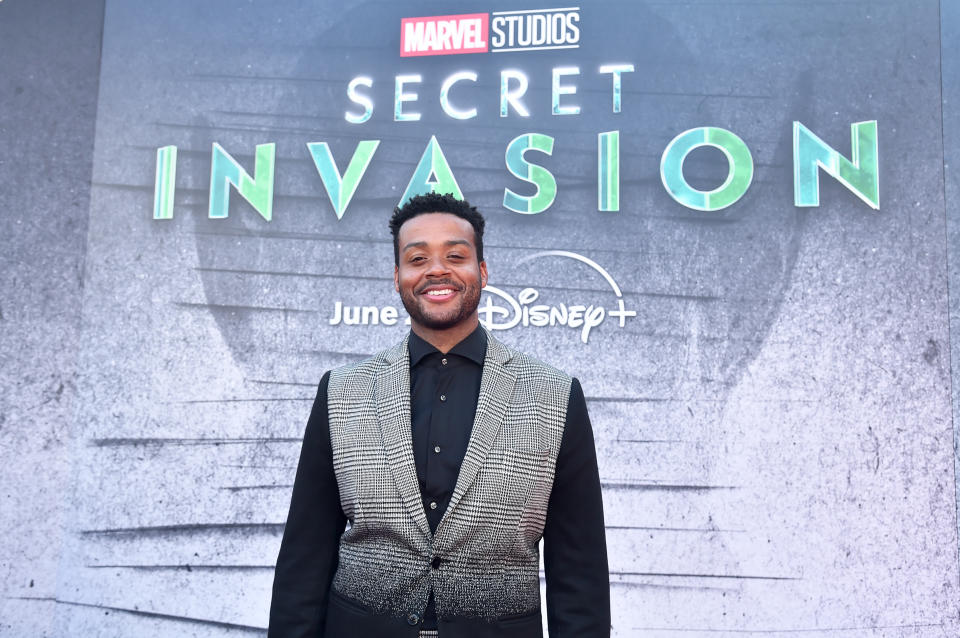
Bowers is a pianist and composer who has scored numerous films and television series, including Green Book, King Richard, Bridgerton, the upcoming The Color Purple, and Ava DuVernay’s Origin, which premieres at the Venice Film Festival on Wednesday. He also happens to be a graduate of the LAUSD and benefitted from the district’s music program.
“For me as a pianist, my only option to play an instrument in the school was the instrument that they had there,” he told Deadline as we chatted at the Telluride Music Company on Colorado Ave. “If that instrument wasn’t kept in good shape, I wonder if I would’ve developed as personal of a connection to it when I was there every day. But then you look at how many kids can’t afford to have instruments at home, and they really rely on these school instruments to be able to play and to be in working order.”
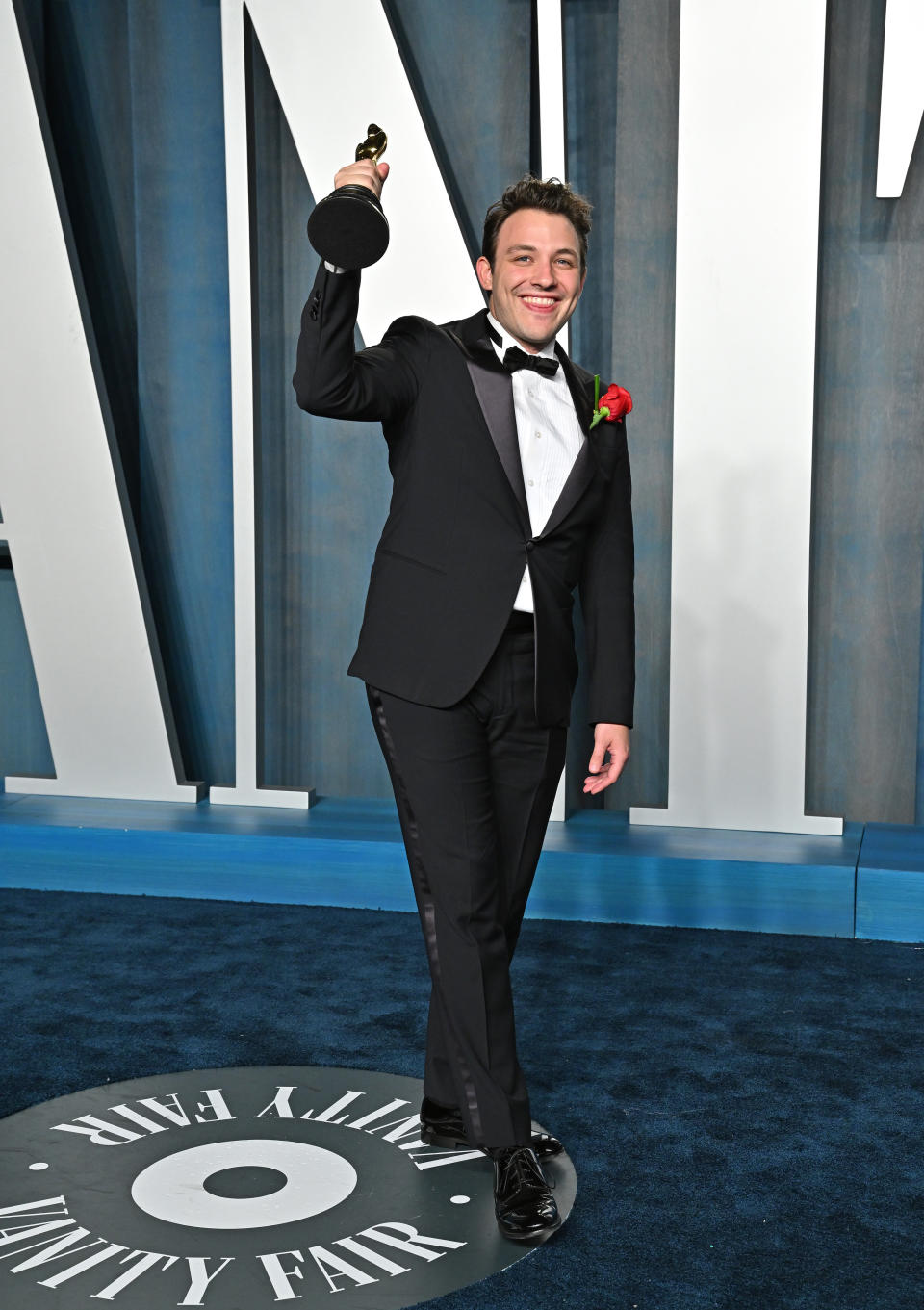
Proudfoot, an Oscar winner himself for The Queen of Basketball, is a musician as well, although he would demur.
“I was just curious about this shop,” Proudfoot explained about the origins of the project. “I’ve made a lot of craftspeople films, and so I had started going down there and poking around and shooting.”
He discovered Dana Atkinson repairing stringed instruments, Duane Michaels looking after woodwinds, Paty Moreno on the brass beat, and overseeing it all, Steve Bagmanyan, who’s also a piano tuner. The four shared remarkable personal journeys that had led them on circuitous paths to the shop. Moreno emigrated from Mexico, struggling as a single mom just to feed her two kids.
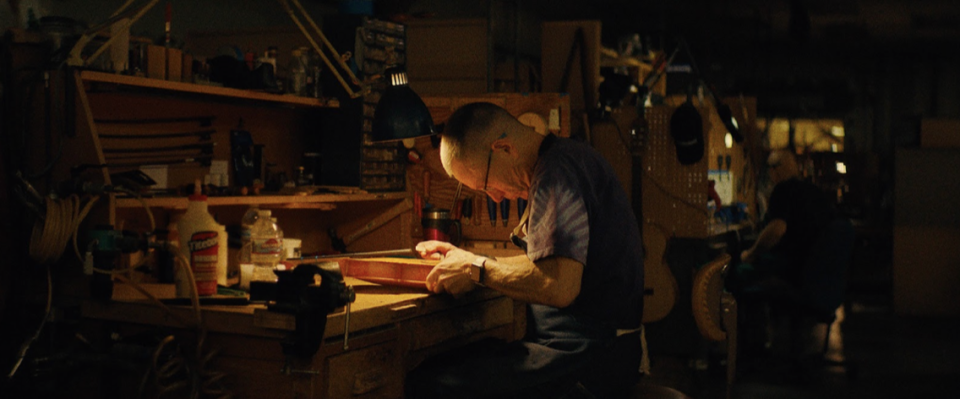
“The first person I talked to was Paty, and I was just rolling in a bath of tears at the end of that discussion,” Proudfoot recalled. “And then it was Duane who opened for Elvis’s biggest night [in 1975, playing with his band Bodie Mountain Express]. And then Dana, who took you to the core of what it means to think you’re broken and then to realize that you’re not. And then Steve… you kind of just assume he’s like the bean counter, overseer of the whole thing. And then you realize he’s kind of got the best story of all and is a piano tuner himself.”
Bagmanyan, part of the Armenian minority of Azerbaijan, had to flee his country in the midst of persecution of his ethnic group. He came to America speaking virtually no English.
For a filmmaker, the odds aren’t good that every character you interview for a documentary will turn out to be incredibly compelling. “We kept finding four leaf clovers, basically,” Proudfoot said. “And I remember saying to Jeremy [Lambert, producer], I’ve never seen a concentration of amazing stories matched with visuals that I’ve seen in this little shop.”
Proudfoot’s original vision was to focus on the instrument repairers alone. But Bowers had another idea.
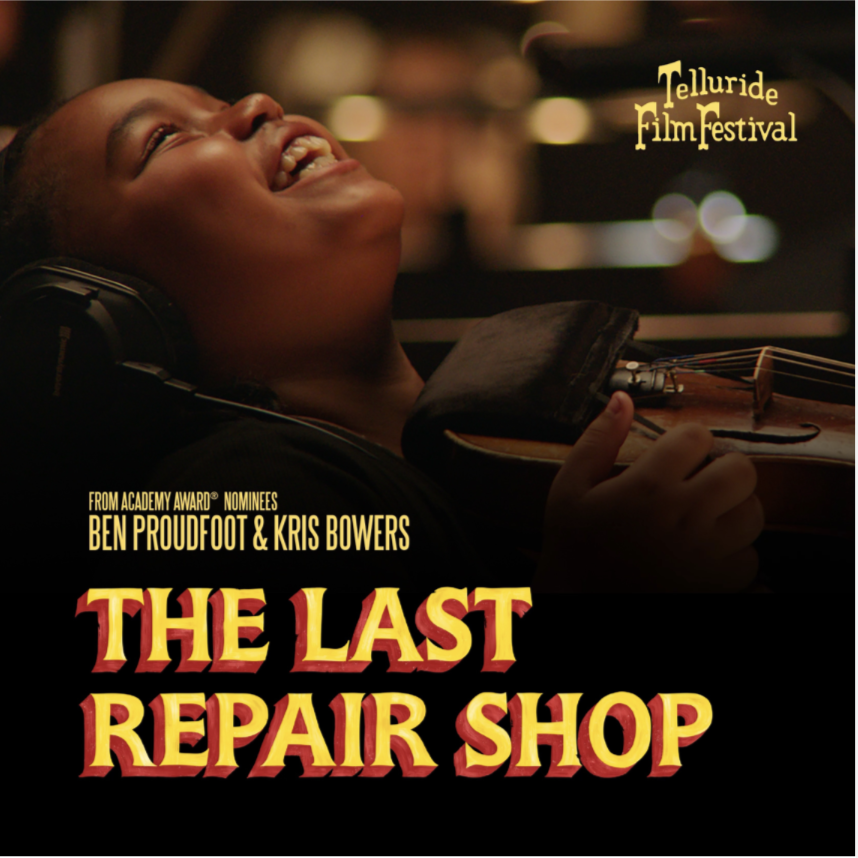
“He was like, ‘You need the kids,’” Proudfoot remembers. And I was like, ‘…I’m interested in the craftspeople, and wouldn’t it be more of a challenge to do it without the kids? Everybody loves the kids.’ And he is like, ‘No, you need the kids. And it needs to be about that relationship between them and the instrument.’”
So it became that some endearing young people bring musical counterpoint to The Last Repair Shop.
“If I didn’t have my violin from school, I would probably – I don’t know what I would do,” Porche Brinker says at the top of the film, adding with a grin, “Don’t even jinx it for me.”
Ismerai Calcaneo shows off her instrument: “My school gave me my saxophone… This is a beauty,” she says proudly. “When I’m feeling tense or I’m feeling sad or angry, the saxophone calms me down.”
Amanda Nova, a young pianist, also speaks of mental health challenges common to people her age. “I guess I’m, like, scared of failure. I’m scared I won’t find a purpose in life. But once I go on stage, all that tension goes away.”
Bowers said he most identified with Nova. “Just the level of pressure she felt at that age, I really remember having this high bar of excellence being set on me from mostly my parents, but just this idea of you need to be incredible or else, and it just creates so much anxiety and stress and all that,” he said. “And to see her not only struggle with that or feel that or move through that, but also how she obviously channels a lot of her energy into the piano. That’s one of my favorite moments when she’s really meek and talking about what it’s like to play music, and then she just lays out this huge sound from the instrument.”
Bowers said he didn’t recall damaging a piano during his time as an LAUSD student such that it required attention from the repair shop quartet.
“I don’t think so,” he said, adding, “I’m going to plead the fifth.”
The important point is that if there had been a mishap, Steve Bagmanyan and his colleagues would have stepped in to make it all right. They fix those broken violin pegs, leaky euphoniums, or G-sharp keys that come loose from saxophones, whatever comes their way (Moreno, as the brass expert, keeps a jar full of foreign objects that have made their way down the tubing – marbles, batteries, candies, even a troll doll).
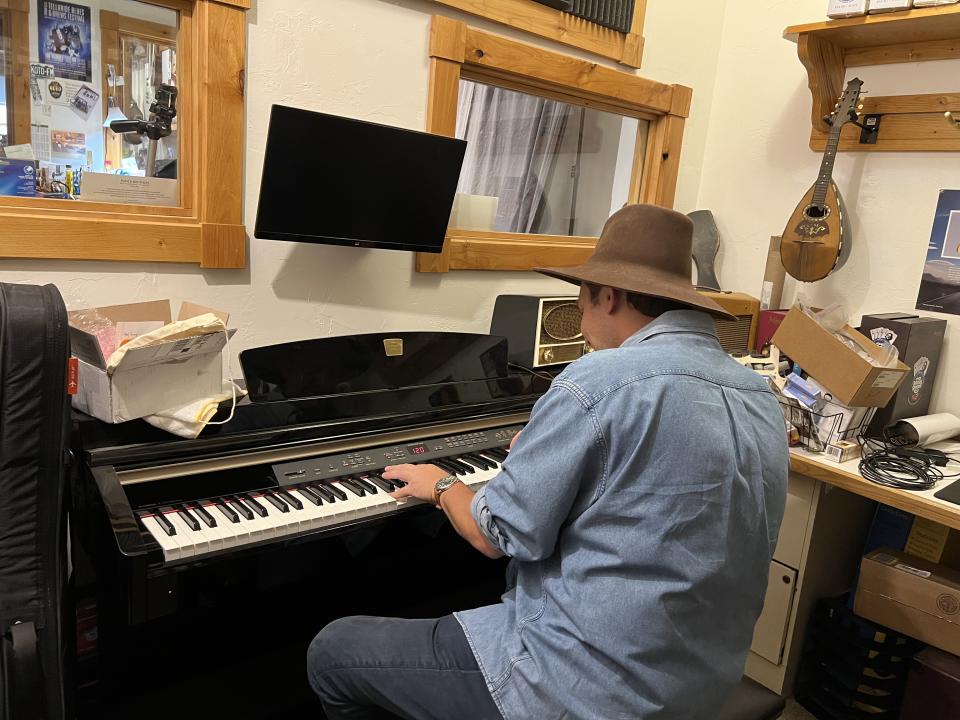
Proudfoot describes the LAUSD program as “the pride of the nation” and the repair team as deserving of public recognition.
“For me, that’s why you make a documentary. It’s a spotlight,” he said. “Those repair people, they’re invisible. They’re literally in this nondescript building under the freeway downtown in this fenced-in sort of industrial area where LAUSD stuff happens… Taylor Swift — that’s a lot of people’s music hero. These are our music heroes. These people who, day in and day out without credit, without thank you, without much money, go in and stitch back together not just the instruments, but the confidence and the hearts of every school child in our city. I think that deserves to be on the front page. I think they deserve a standing ovation.”
Best of Deadline
Hollywood & Media Deaths In 2023: Photo Gallery & Obituaries
2023 Premiere Dates For New & Returning Series On Broadcast, Cable & Streaming
SAG-AFTRA Interim Agreements: Full List Of Movies And TV Series
Sign up for Deadline's Newsletter. For the latest news, follow us on Facebook, Twitter, and Instagram.


